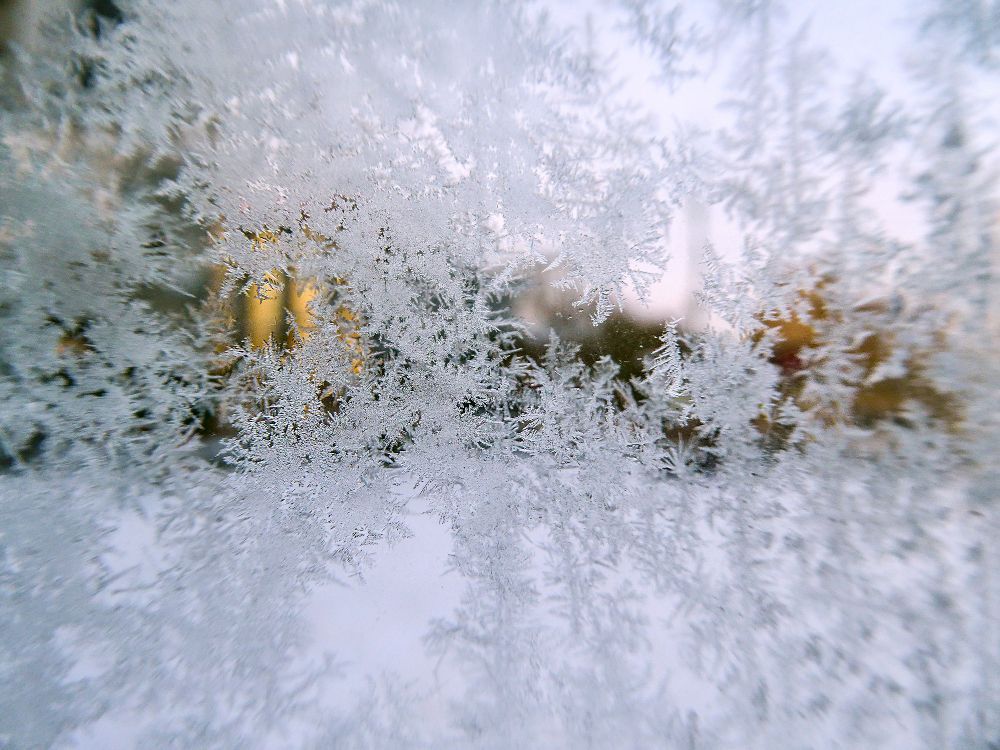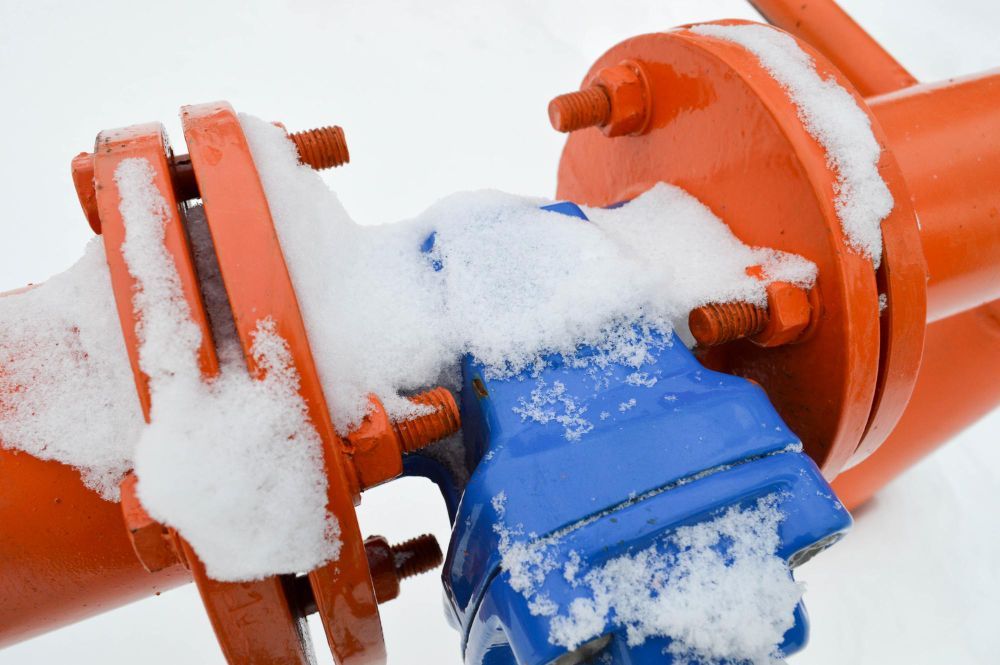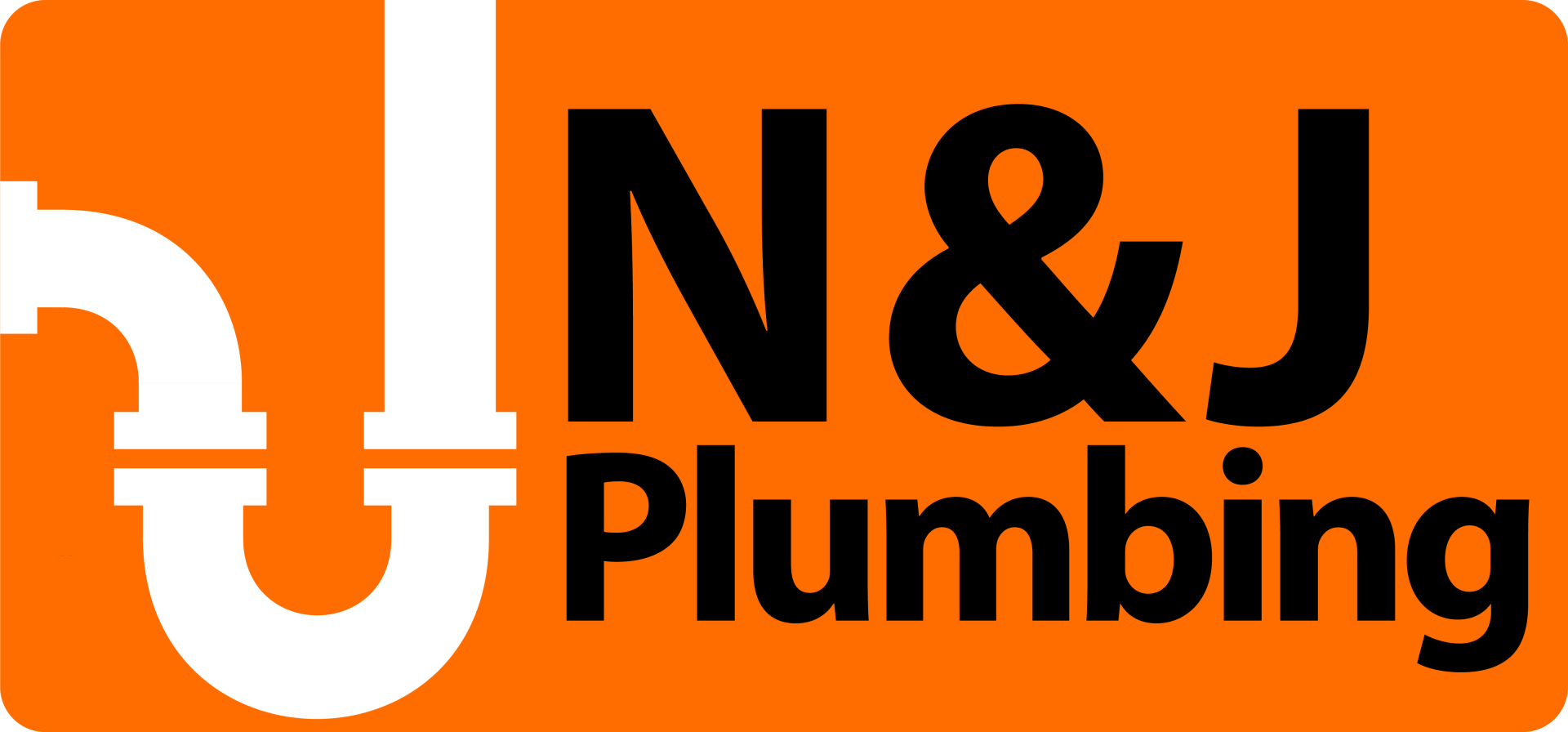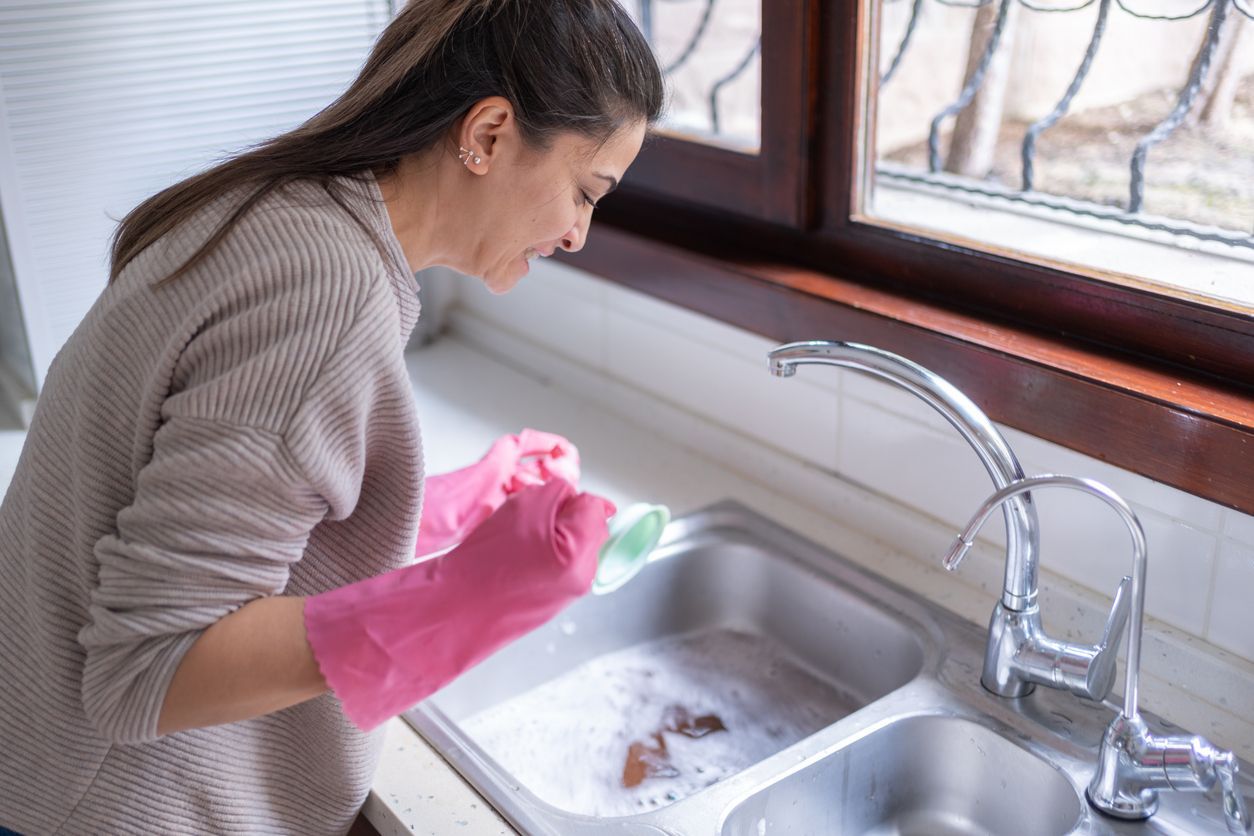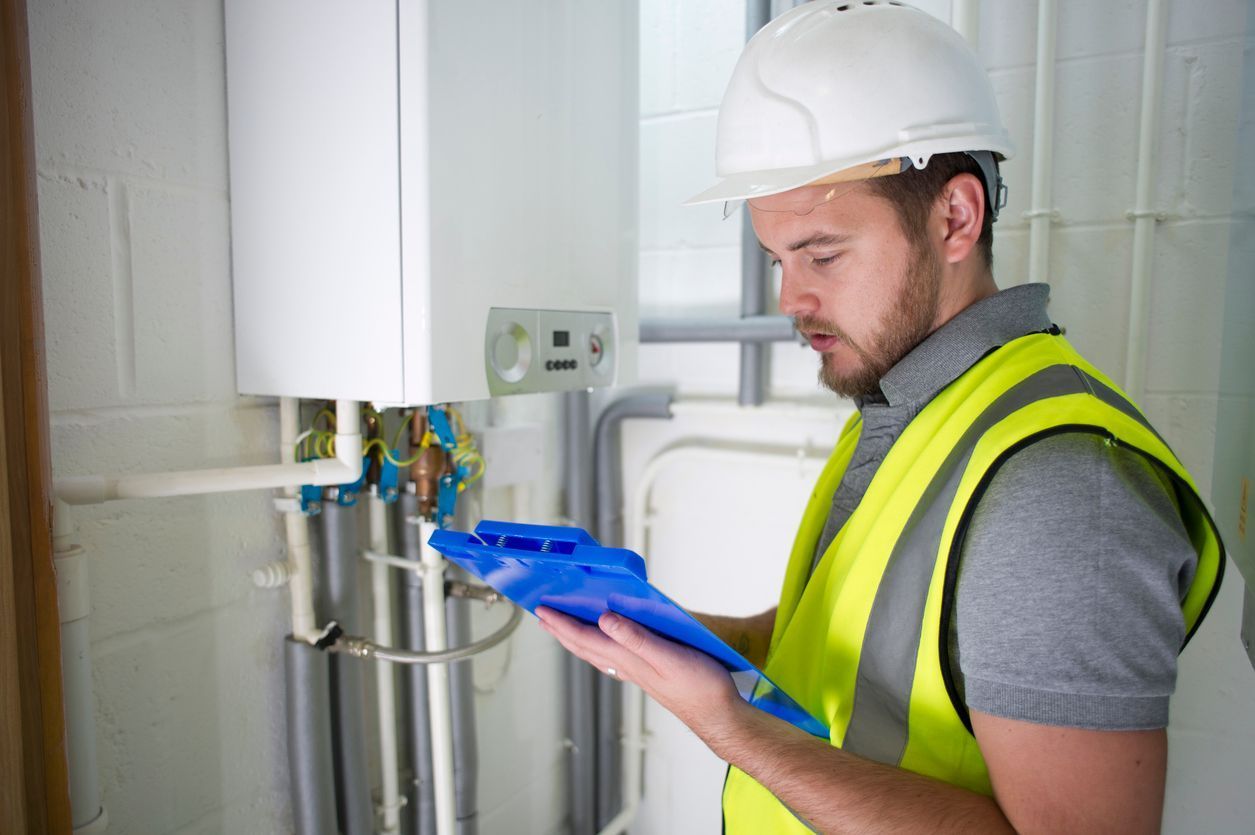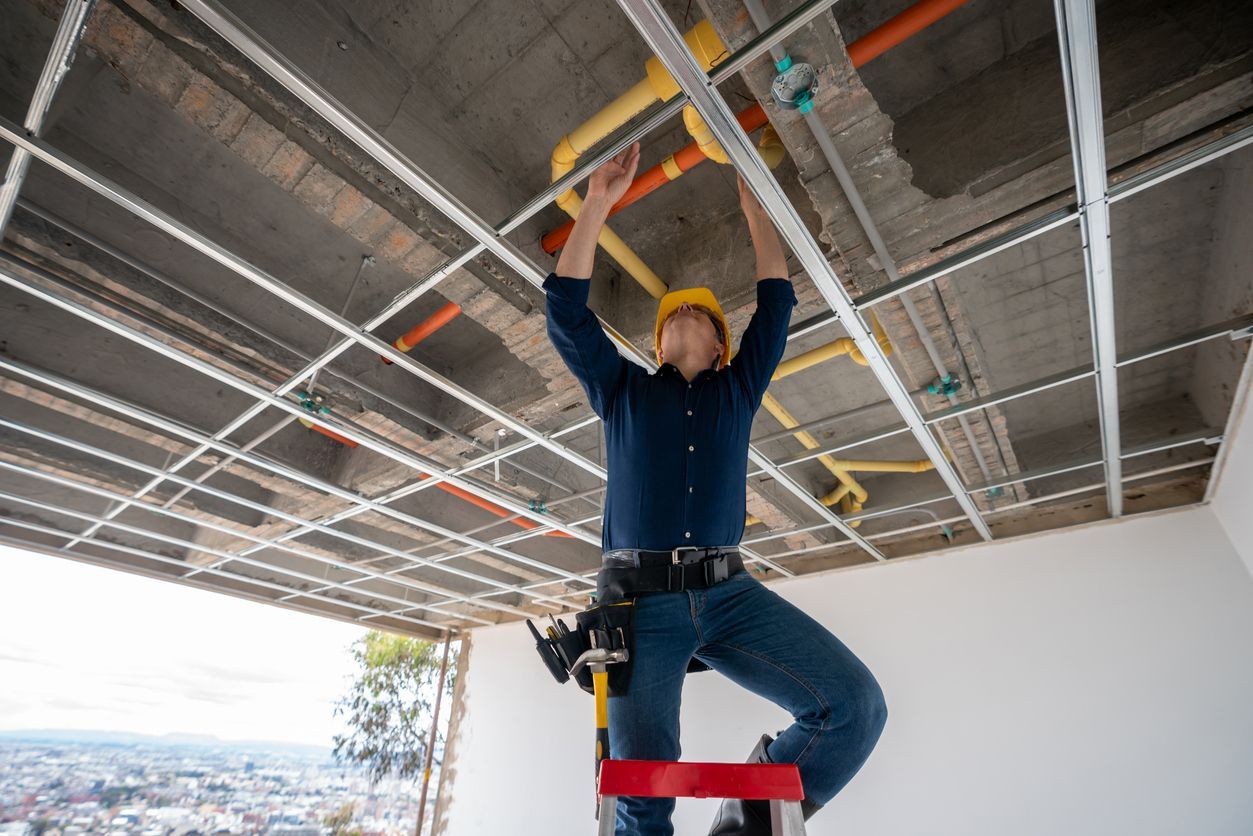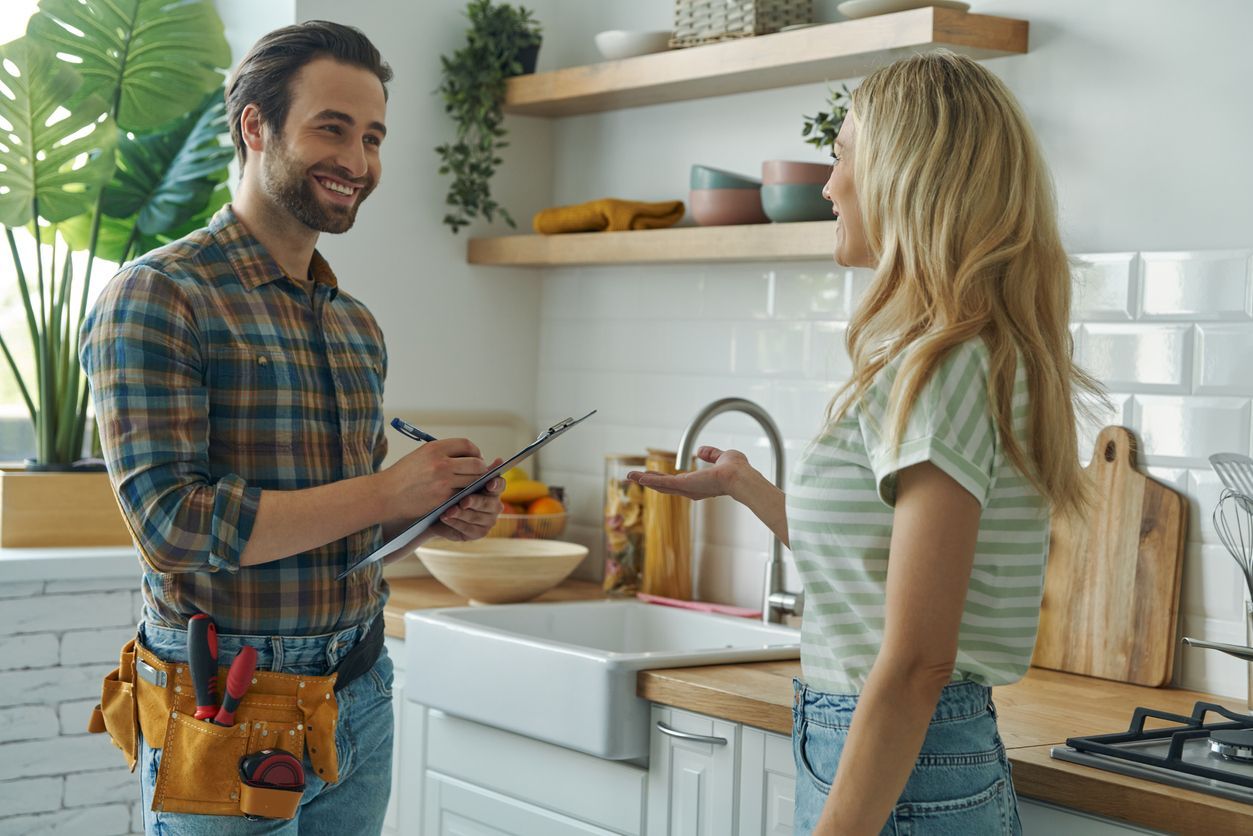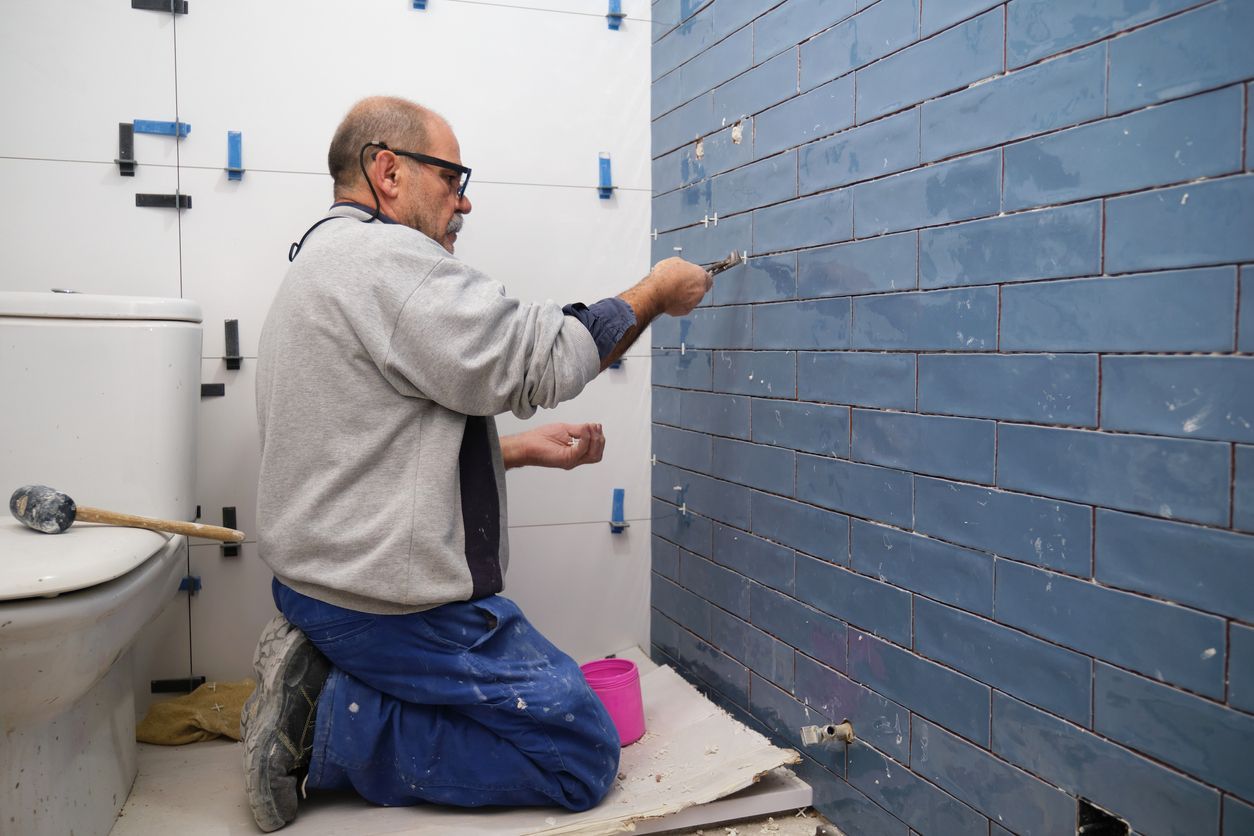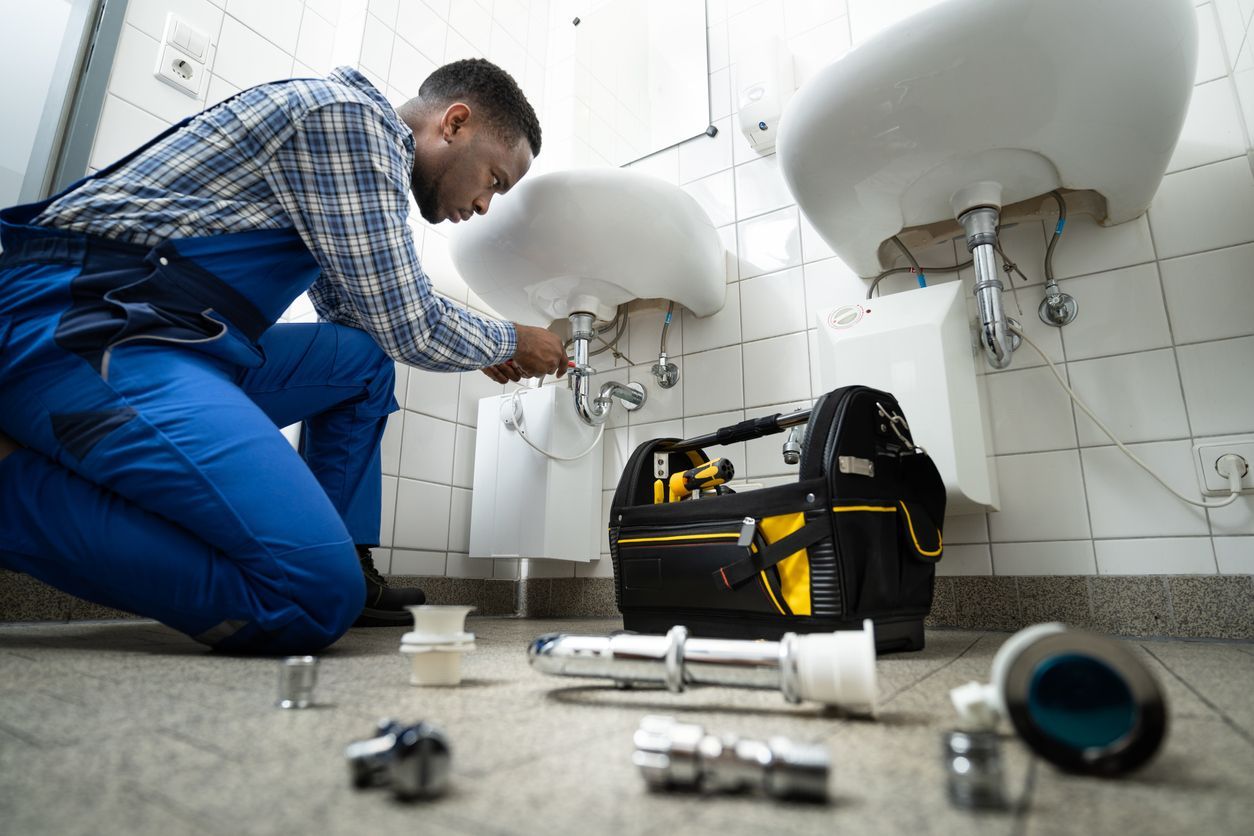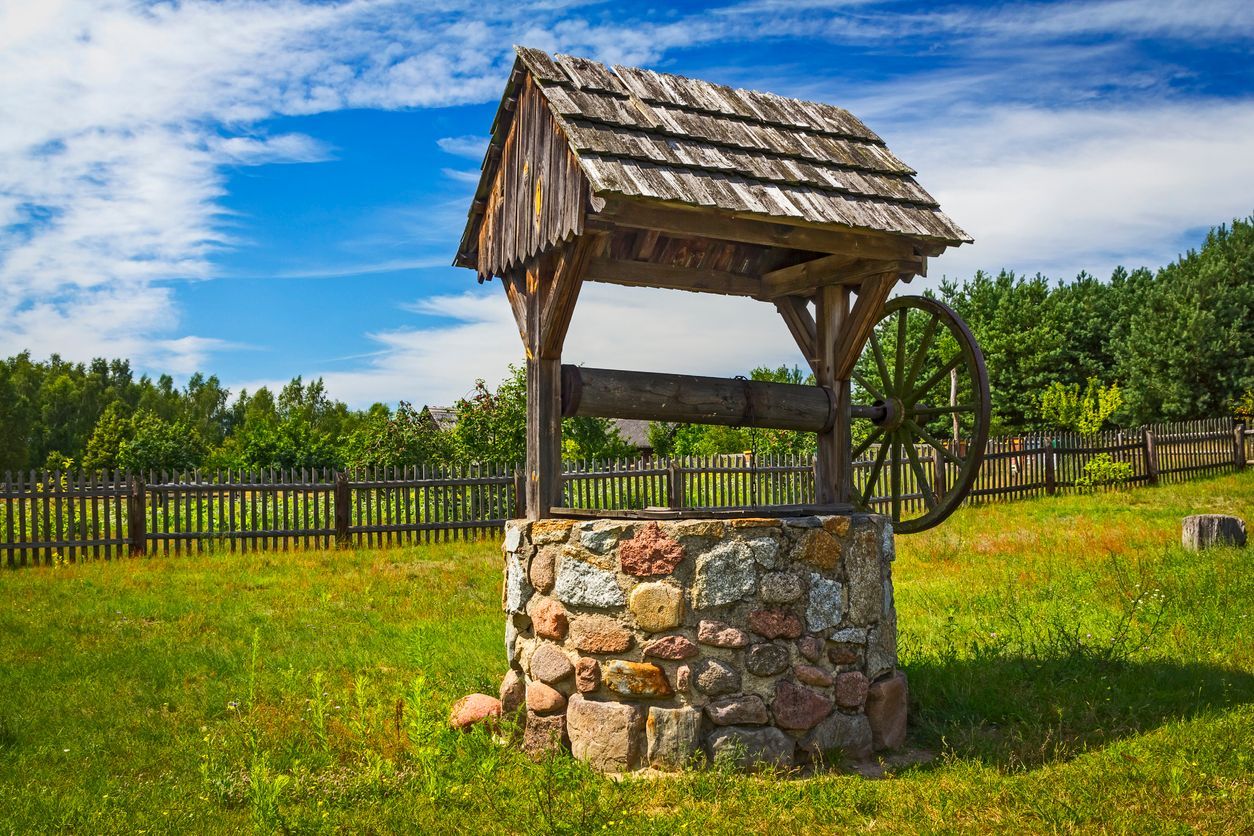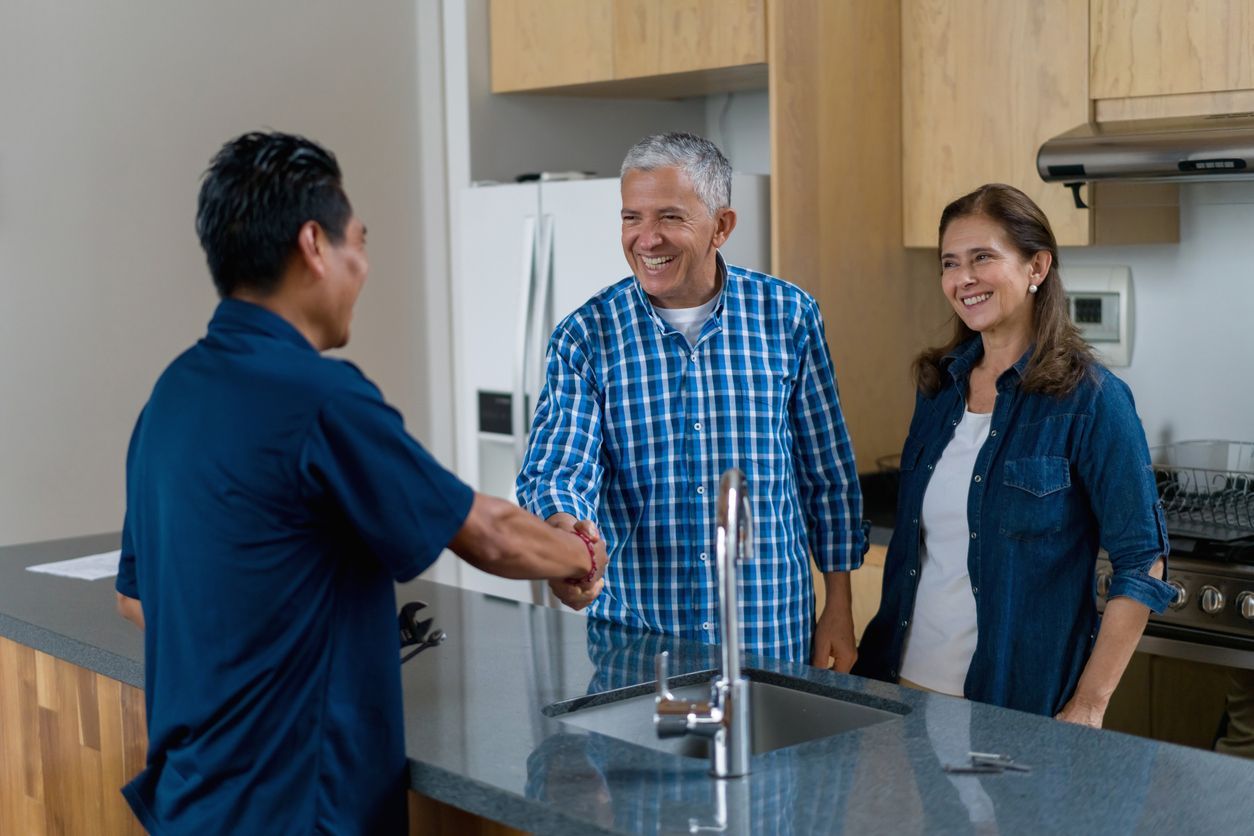Water Pressure: Understanding Why Your City's Water Pressure is Low
How can you solve low water pressure at home?
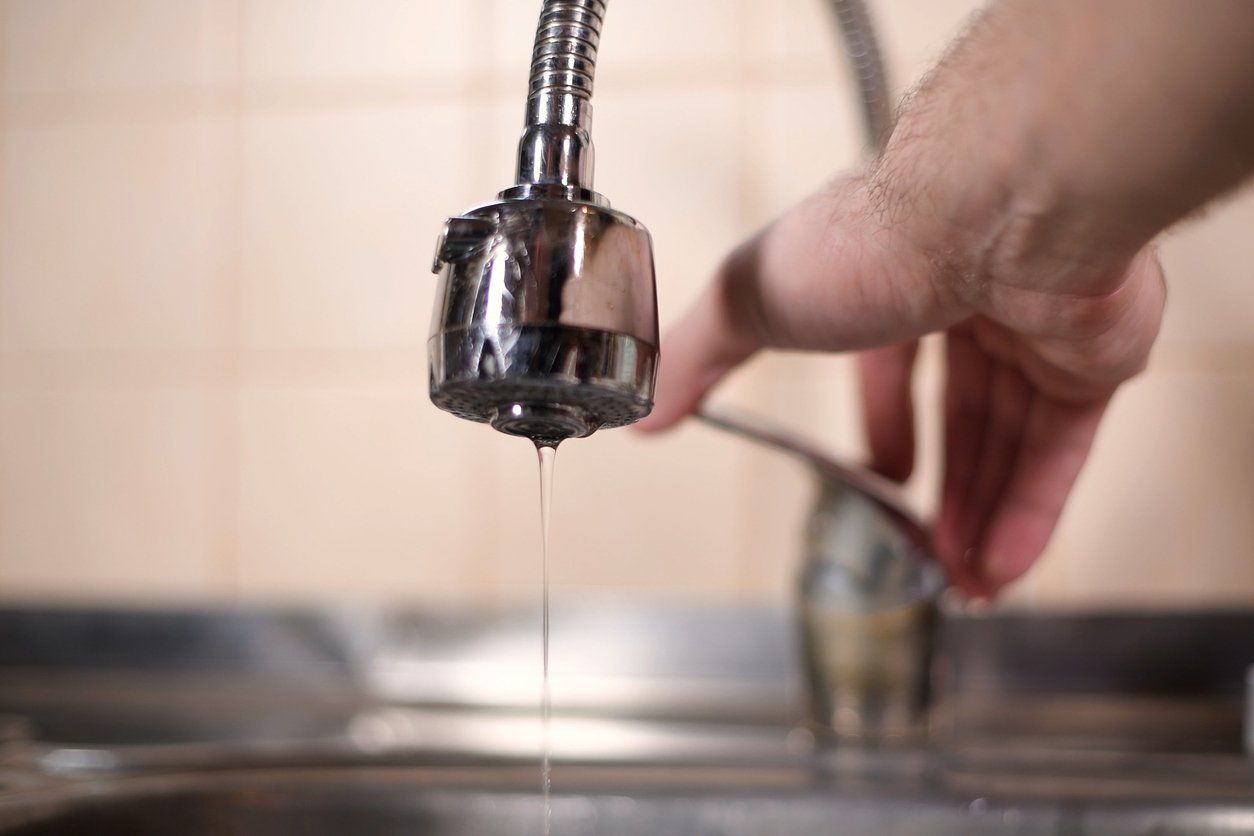
Low water pressure can result in many frustrating household experiences. If you've ever dealt with low water pressure, then you know just how unpleasant it can be. You might notice things like not having enough water to wash your hands while the dishwasher is running or that it's now taking an obnoxiously long time to get rinsed in the shower.
If this sounds like your house, then read this list of common problems and explanations we've put together at N&J Plumbing.
Why Do I Have Low Water Pressure at Home?
Main House Shut Off Valve
Your main house shut-off valve allows water to come into the home. When the valve isn't completely opened, it will reduce your water pressure. Likewise, if the main valve is leaking, it will also reduce the pressure. In homes with a crawl space or basement, you might find this valve near the front of your house, closest to your water meter. In houses without a crawl space or basement, this valve could be near your water heater or in the garage. If you can't find the valve inside, try looking outside near the street in an underground concrete box labeled water.
Clogged or Corroded Pipes
When things like debris and pipe build-up get into water lines, it can result in a clogged pipe leading to decreased water pressure. Even just a small amount of debris can reduce your water pressure. Corroded pipes happen when the inside of old metal pipes become rusted and start breaking down after years of water flow. If you suspect your waterline pipes might be clogged or corroded, you should contact a plumber as soon as possible. Some signs of corroded or clogged pipes include:
- Discolored water
- Weird smelling water
- Water that has a strange taste
- Leaks
- Noisy pipes
Leaks
Leaks are another common cause of reduced water pressure. Not only will leaks reduce water pressure, but they can also actually damage your home as well. If you've noticed your water bill getting suspiciously high, then you might have a pipe leaking somewhere. Inspect all of your pipes and fixtures for signs of moisture, damage, and mold growth. Be sure to check your foundation and walls for cracks because this is often a sign of leaking water. If you find no problems there, walk through your yard to make sure there are no wet or swampy areas.
Pipes that burst underground will pool in your yard. Therefore, if you suspect a leak and can't find it, you should call a professional to investigate.
Water Pressure Regulator
A water pressure regulator is a valve that can reduce or increase the water pressure coming into your home. This piece's job is to ensure your water pressure isn't too high and is kept at a safe level. If you have a water pressure gauge, you can go to your outside spigot and test your pressure. However, if the gauge reading doesn't match your pressure regulator's reading, it might be broken. In this case, you will probably want to call a plumber to replace it.
Not Your Problem
If you can't find a problem on your end, there may be something going on with your city water supply. In this case, you can ask your neighbors if they're also experiencing any issues. If the neighbors report the same thing, there may be a problem with the city's pipes and water supply. Give them a call, and they will send someone out to investigate the problem.
It's frustrating to deal with low water pressure. However, it can be corrected once you have identified the problem. If you are having issues with your plumbing or drains, please contact us today. We offer free estimates and 24/7 emergency services for all of your plumbing needs.
